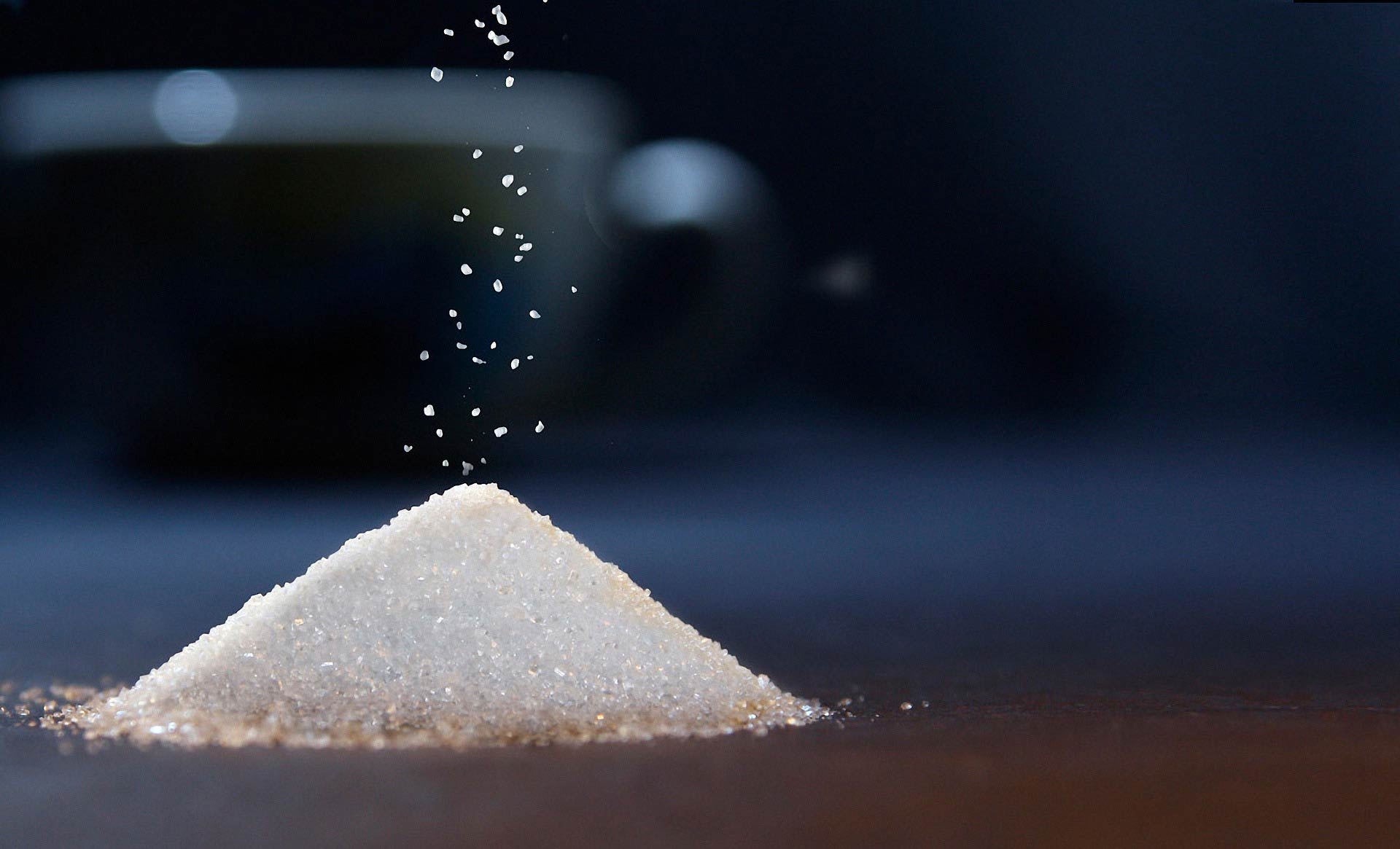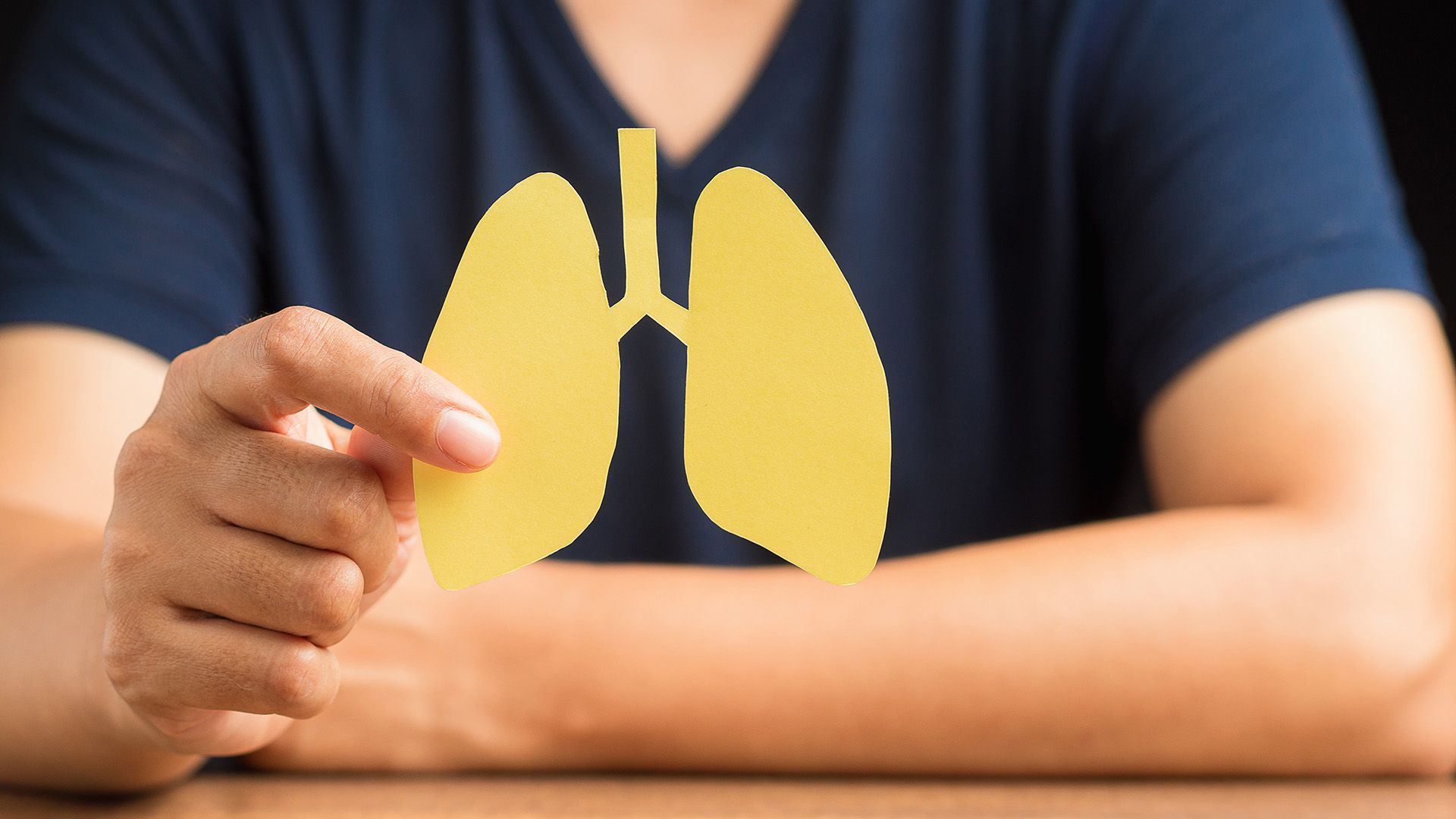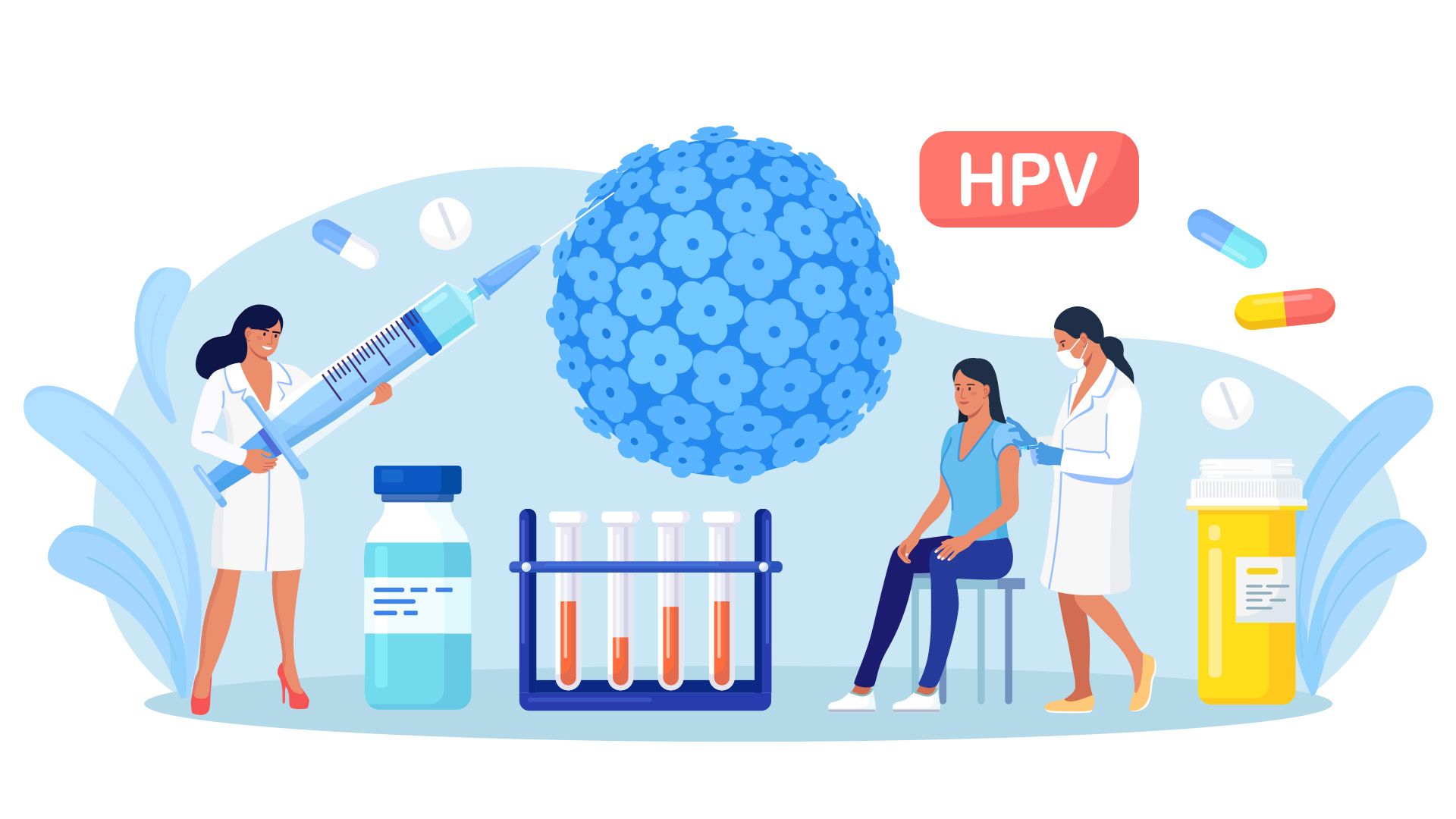Fight diabetes with a healthy diet and lifestyle
Tebogo Makola • November 18, 2019
November is national Diabetes Month, a time when attention is focused on diabetes, how it impacts people’s lives and how to lower the risk of getting it. Diabetes a disease that occurs when your glucose (also known as blood sugar), is too high. Blood glucose is the main source of energy for your body and comes from the food you consume. The pancreas produces insulin which helps glucose get into your cells so that it can be used for energy. With diabetes, your body does not produce enough insulin or respond properly to insulin, also known as insulin resistance. Insulin resistance is the leading factor that leads to type 2 diabetes. It is also closely associated with obesity, however it is possible to be insulin resistant without being overweight.
Diabetes doesn’t always stem from a person being overweight or leading an inactive lifestyle. Sometimes, it is present from childhood. Without proper management, diabetes can lead to a build-up of sugar in the blood and that can lead to the risk of diseases such as heart disease and stroke.
There are three types of diabetes, type 1, type 2 and gestational diabetes.
- Type 1: This type of diabetes occurs when the body fails to produce insulin. People with type 1 diabetes take artificial insulin daily as they are insulin dependent.
- Type 2: Type 2 diabetes affects the way the body uses insulin. The body still makes insulin but unlike in type 1 diabetes, the cells in the body do not respond to it as effectively as they once did.
- Gestational diabetes: Gestational diabetes occurs in women when their bodies become less sensitive to insulin. This type of diabetes does not occur in all women and normally resolves after giving birth. (1)
The following factors can increase your chances of developing type 2 diabetes:
- Obesity
- A family history of diabetes
- Physical inactivity
- A history of heart disease or stroke
- High blood pressure
- Being 45 years old and older
- High cholesterol
The symptoms of diabetes include:
Fatigue and hunger: If your cells reject the insulin that your body makes or if your body does not make any or enough insulin, the glucose can’t reach them which makes you more hungry and tired than usual.
Slow healing cuts and wounds:
With time, high blood sugar can affect your blood flow and result in nerve damage which makes it hard for your body to heal wounds.
Numbness and pain in the legs/feet:
This also results from nerve damage.
Being thirstier and needing to urinate more often:
Normally the body reabsorbs glucose as it passes through the kidneys. Sometimes when diabetes pushes your blood sugar up, your kidneys may not be able to bring it all back in which can result in you needing to pee more often than usual.
Dry mouth and itchy skin:
The body uses fluids to make pee meaning that there is less moisture for other things and that can result in dehydration. (2)
“Healthy eating and living a healthy lifestyle overall can help you reduce your risks of getting diabetes. Taking steps to prevent or control or prevent diabetes does not necessarily mean living in deprivation, it simply means eating a healthy, balanced diet which will also improve your energy levels,” says Gert Coetzee, Pharmacist and Diet pioneer who founded
The Diet Everyone Talks About.
Listed below are some hints & tips that will help you prevent diabetes:
Limit your alcohol intake:
Drinking too much alcohol can lead to weight gain and may increase your blood pressure levels which can lead to diabetes.
Have a healthy, balanced diet:
Make sure that you eat more fruits, vegetables and foods that are high in fibre. Cut down on sugar, salt and reduce your intake of trans and saturated fats.
Go for regular check-ups:
It is always a good idea to regularly check your blood pressure, cholesterol and glucose levels. This will help you determine you determine your risks of getting diabetes.
Limit your intake of takeaways:
Takeaways are normally high in fat, salt and kilojoules which can all increase your risks of getting diabetes. It is better to cook for yourself using fresh ingredients.
Make time for exercising:
Being physically active helps you manage your weight which also reduces your blood glucose levels. This can also improve your cholesterol and blood pressure levels.
For more information or if you’d like to join The Diet Everyone Talks About
References:
(1) https://www.medicalnewstoday.com/articles/323627.php
(2) https://www.webmd.com/diabetes/guide/understanding-diabetes-symptoms#1
Source: www.pressportal.co.za













